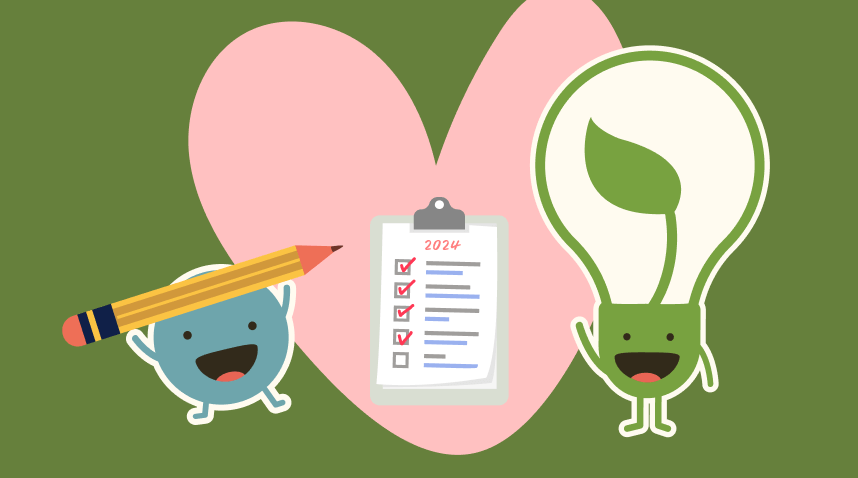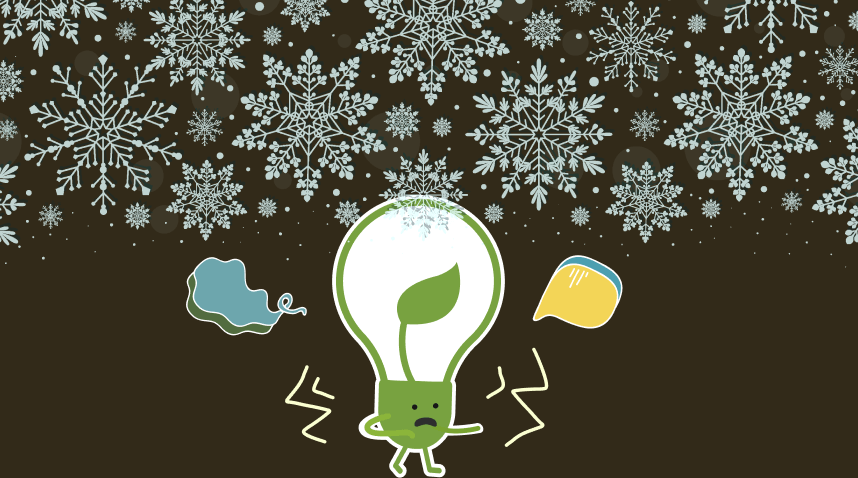Editor’s note: This is an adapted article from Roberta’s blog of reflection and learnings.
TLDR: Grew up in an ‘Everyone’s a Winner’ era? Learn strategies to overcome sensitivities and the blame game. Ro explores how accepting life’s unfairness can lead to greater emotional strength.
The birth of Snowflake children

Millennials are often described as being part of the Snowflake generation. It’s a generation of children, so coddled and indulged by the idea that they are special, that they have been made to be soft and overly sensitive to everyday life events.
The media describes snowflake children as entitled, self-absorbed, self-conscious and overly emotional.
While I don’t want to admit that I have these negative traits, I can’t help but recognise them throughout my life.
I have felt overly sensitive in social interactions, even overthinking the facial expressions of a stranger on the street. Were they frowning at me and what did I do to deserve that? Why are they walking towards me, making me swerve to avoid barging into their shoulder!?
It’s a trait I have always actively worked to mitigate through challenging my thoughts when I jump to conclusions. It’s a practice of challenging existing thought patterns and consciously letting things go when they’re affecting me emotionally.
Following the parts of Buddha’s 4 right efforts of abandoning arisen unwholesome thoughts and preventing the arising of more unwholesome states have been helpful.
How we create snowflakes
Sure, the media can blame our parents who would be the obvious cause for creating sensitive people. Singing high praises to build up a kid’s self-confidence is not a crime, and kind of sweet.
In my case, my immigrant parents didn’t coddle me, or tell me my opinions mattered in the way the media portrayed them.
In my opinion, ‘snowflakes’ are created by our wider society, our media and by people who influenced our generation. Our teachers, educators and anyone in the generation that raised us, who desired to swing society to the opposite way from the way they grew up.
See, I grew up in an age where all kids received participation ribbons at the school Athletics Carnival. Teachers praised every child in equal instalments to avoid anyone feeling left out and, god forbid hurt a kid’s feelings.
We were all equal and could achieve great things if we put our mind to it. Talent was a bonus, but we were all capable of greatness.
The idea that we didn’t start on a level playing field, is a reality that has only begun to be discussed. Back in the nineties and oughts, the world was full of opportunities and every single child had something to give and no one should tell us otherwise.
Thin skin not tough skin
If you think about that message, you can see why we have thin skin. We were not taught to expect that life could be tough.
It’s no wonder that many people struggle to show commitment and work ethic when they hit the workforce when they’ve been fed the idea that they are talented and worthy of greatness.
From a fishbowl ecosystem where people cared about our feelings to a population of people who aren’t looking out for others’ feelings, it can be confronting to navigate.
It’s common for every generation to blame our parents, teachers, and society for how we turn out.
At some point though, we all need to take responsibility for ourselves and strive to unlearn and learn skills to help us navigate life situations.
These are the strategies and ideas that have helped me to become less of a snowflake and more resilient.
Accept that the world is not fair
The first thing that helped me become less sensitive is accepting that the world isn’t fair. That’s not to say that I condone injustice, but it means that when I’m faced with a personal inequity or face a situation where I don’t feel validated, I can be level-headed in how I approach it.
I can use words and language to share why I perceive the situation as unfair, which has been a cathartic way of expression, instead of feeling internal animosity.
In some cases, it’s even allowed me to educate or generate further awareness in the person I’m communicating with.
Work toward something larger than you
When you have goals and a purpose more important than the little interactions you have on the streets or in meaningless spaces, you are less likely to be affected by them.
The hard work and drive you put toward your goals will allow you to focus on things that energise you. It will also help you to let things go that aren’t worth it.
Not only will this build character and deepen your purpose, but it will also help you to work towards solid goals and develop skills that will translate into greater achievements.
Work on yourself so that you can like yourself

When you are sensitive, you often hurt in private and hold onto grievances in an internal reserve.
This can only serve to make you more sensitive the next time something similar happens. Often we are sensitive because there is shame or a feeling that you aren’t getting what you are worth.
The only way to counter this is to work hard to become worth your weight in gold and be proud of who you are. You will be more grounded and thicker-skinned by default.
When you are confident and know your worth, you don’t get as affected by minor interactions. There is nothing better than being inarguably good at something, and you won’t be caught on the back foot or automatically defensive.
Widen your vision to become present
Look around you and notice something in the landscape that you wouldn’t have noticed.
Spend your time doing this when you don’t need to be hyper-focused on the interaction in front of you.
By increasing your vision perception and noticing your environment, you are encouraging presence. You will not be on the lookout for actions or interactions that you perceive as negative toward you.
Trying out metta meditation which encompasses beings beyond yourself can broaden your perspective. All beings want to be loved and fear the negative.
At the end of the day, not everyone will like you or think like you. You need to like yourself, for others to see and respect you.
Frankly, it’s no one’s job to cater for your feelings, just like it isn’t your job to cater for theirs. The sooner we can all accept that, the less of a snowflake you will be.


